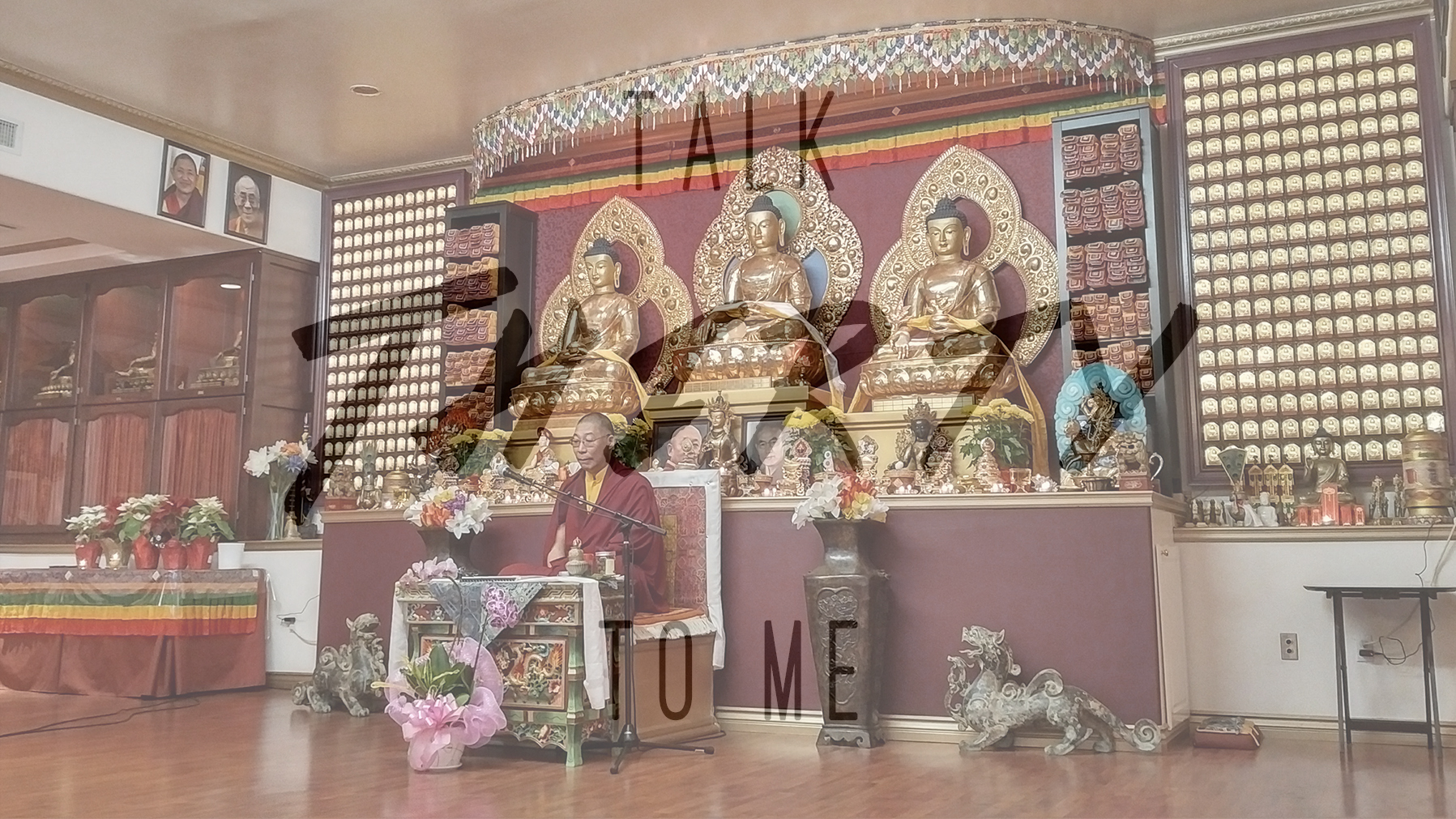
Join Turg and Randy Z as they discuss the core topics portrayed in one of the more controversial episodes featured in the new season of the Netflix Original Series “Master of None” Season Two Episode Three about Religion and…
Turg shares a moment in his life where reflection and religion meet and allow him to dive deep into his inner-most thoughts and emotions. When we actively disrupt life around us, do we acknowledge how it affects those sharing in those moments; when we judge others, do we know we are doing it? Turg asks the question, “Why do we judge others?”. The guys discuss how judging is more societal and gets into the deeper issues we might have within our inner struggle rather than serve as a reflection of our character. Randy discusses how judging might not be a negative in some regards and in a low minority of instances can serve different purposes.
Your thirties serve to be the core foundational years of who you will be for the remainder of your life.
Turg and Randy discuss how the thirties are more structurally important times that help build foundations and support that carry everyone through to the next level. These foundations serve to shape the future and our mindset going into the later years. The guys talk ‘old balls’ and what they really mean in the grand scheme of things. Religion is a large part of foundations as – regardless of where we are in life now – religion has had a hand in shaping our mindset and worldview.
Why does religion push most away while keeping others at bay?
Randy talks about his youth and how religion helped steer him into more of an open mind – not because of the guiding principles, but because of the way religion was administered among the people. Where religion goes wrong is when the people who follow that religion start to interpret it in a way that was not intended. Turg and Randy both grew up in a Catholic school environment, so what happened?
Sharing stories from our past is the best way to uncover why we turned out the way we did
Turg shares stories from his childhood – about his grandfather and their trips to church. He focuses in on how they helped shape his early faith and later his falling out with religion. Randy shares a story about his aunt and uncle that helped shape his family life that never really made sense to him until he reflects on what it meant. For Randy, family life is about being close and respecting everyone’s choice. He realized that it wasn’t so much his choosing something other than what his parents believed – it was respecting what they believed that mattered most.
Exploiting religion and why this doesn’t really make us want to believe
Randy talks about why he can’t bring himself to exploit religion to better his own situation – financially or spiritually. Turg thinks faith is convoluted if you’re told how to act and then exposed to a living contradiction that challenges these beliefs. We must accept that religion is imperfect because it was created by man. We were given the opportunity to right the wrongs and correct the past indiscretions of our collective beliefs, we have yet to atone and do right fully of our abilities. Turg explains why the contradictions of those who served the community as a religious devotee were hard to accept – so he rejected the faith based on the people in it and failed to see the religion in its purest form.
So where are we now?
Turg shares that he is unsure of where he stands with his foundational religious views. Adding on to his current ideals with more Buddhist viewpoints and adapting his ways around these learning is the way he approaches religion now. Finding a center and a harmonic balance between the now and future would represent the overall viewpoint. Aside from being constricting to his lifestyle, Randy now thinks the progressiveness demonstrated by the Catholic church has turned him onto more of a general following of the Catholic faith. Randy really emphasizes the use of religious-based-faith to solve the most difficult decisions in life.
The world will always show us that the viewpoints of the many outweigh the viewpoints of the few. It’s difficult to really stand out on our own, but always make it a point to believe in something – whether it’s yourself or some higher power.
Did anything we said today about religion resonate with you? Do you agree or disagree that you should always try to believe in something? Let us know by leaving a comment or starting a discussion on our Facebook or Twitter feeds.
Watch Master of None on Netflix Now!
Don’t forget to follow Aziz Ansari and the Official Master of None account on Twitter.
Intro Music & Outro Music:
Saturday Jam by Clifton “Notes” Ellens, Captain Noah, and Jonathan “Sankeyz” Sanchez
Please make sure you subscribe to our blog, podcast, and find us on social media! And, as always, we love to hear what you think! Leave your feedback and help up grow to understand our listeners more. Either give us a shout out below, or go ahead and hit us up on Twitter, Facebook, & Instagram.
Subscribe. Listen. Enjoy. Share. Like. Follow.
Also Streaming on iTunes, Stitcher, Google Play Music, or your favorite Podcast player
[wpedon id=”234″ align=”center”]


